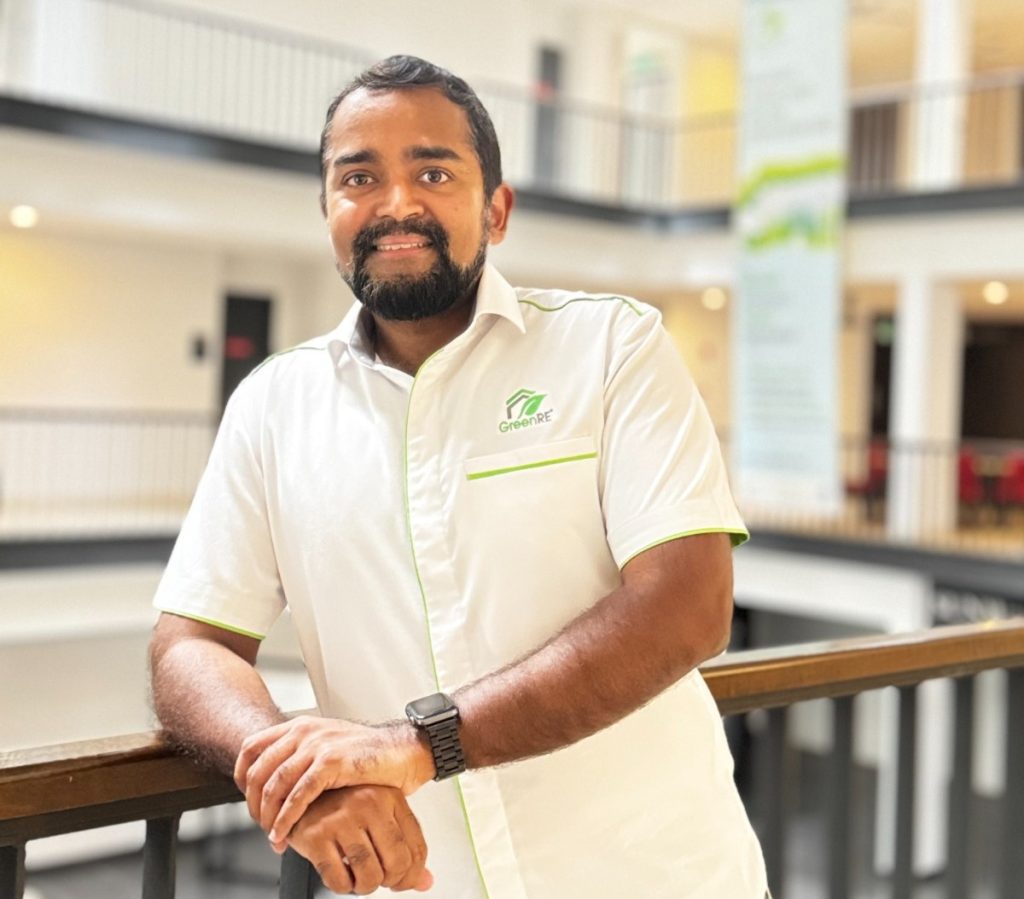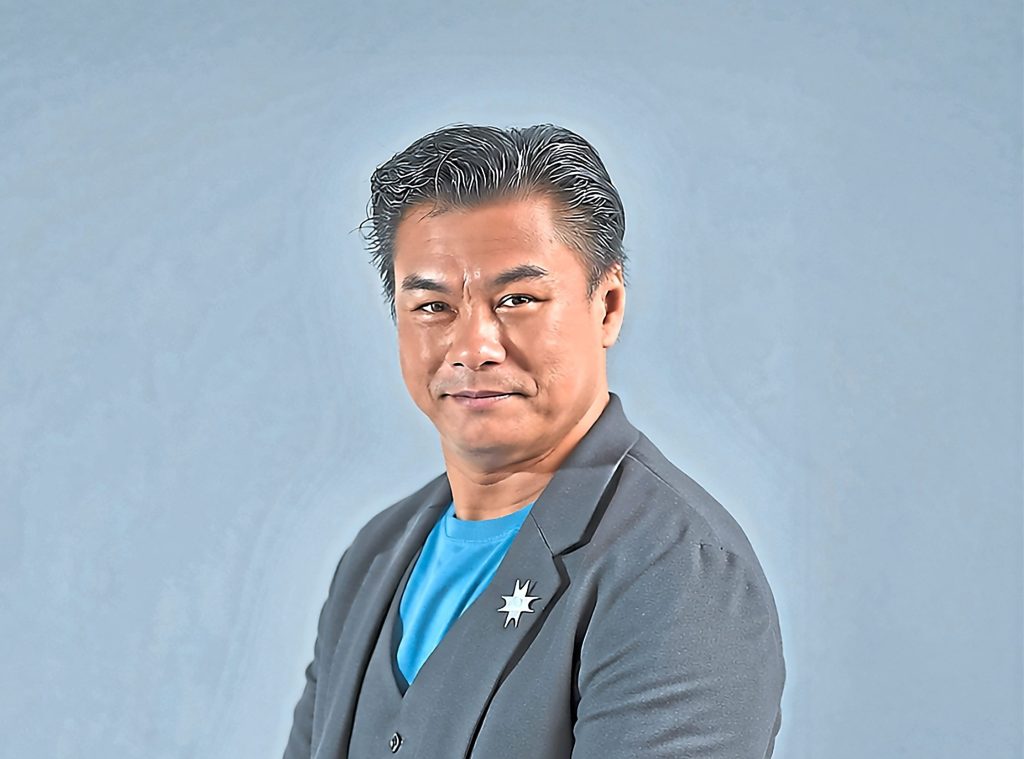‘Ask Me Anything’ is a platform for the public to inquire about literally anything related to real estate.
At some point in our lives, some of us will allow ourselves the fantasy of someday becoming wealthy – though, in this day and age, you need to do more than just make money from a monthly salary.
As an aspiring investor, you ought to learn not just how to invest, but also to master the ways of holding on to the money you earn. To begin, we might ask ourselves: How do I start investing? What are the necessary steps to be taken to begin investing?
We have Ken Teo, a renowned property investment specialist, to answer the questions you may have in mind.
Q: How do I invest in real estate?
#1. First, focus on what you need, not on what you want!
Some of the most crucial challenges to overcome, in order to progress in your finances, is putting some thought into discriminating between “needs” and “wants”.
A “want” is the desire of attaining material things that don’t quite affect the quality of one’s life if he or she doesn’t have it. For instance, a luxurious car may be a tempting purchase – but that’s clearly a “want”. You don’t necessarily need it.
When it comes to “needs” – it is something which would prompt a decline in the quality of one’s life. Without a need fulfilled, one’s livelihood is certainly affected – usually with some significance. For instance: if you see a home as a “need”, being without a home would mean a noticeable decline in the quality of one’s life.
The first step is then to define what your “wants” and “needs” are.
#2. Save your money, the smart way!
You should consider having multiple bank accounts – Ken Teo tells us why. It’s easier to keep track of your expenses and budget if you separate your expenses into multiple bank accounts. Each holding the funds for your household expenses, leisure expenses, emergency funds, a fixed deposit fund, a personal account, and perhaps even one for charitable donations. You must be wondering, why have a bank account for charity, though? Ken believes in giving back to society – as he put it, “If you give something to someone you don’t know, no matter how small or big, you’ll go to bed with a light heart”. We couldn’t agree more.
#3. Take the initiative to attend seminars, workshops, or conferences.
The importance of attending such events can’t be overstated. Property investment seminars will provide you with valuable insights about real estate and guide you in making better decisions before purchasing or investing. You can’t know for sure – but with some education, you may turn out to be one of the many with the ability to excel in the ever-changing economy and real estate market.
#4. Find a trustworthy real estate agent.
You ought to meet at least 30 representatives from different real estate agencies before you settle on one. That way, you can roughly identify who is being honest and who is simply sugar coating their statements. You will definitely need the assistance of a real estate agent to help you find buyers or properties.
#5. Use occupancy rates as your green light to invest.
It’s apparent to veterans of property investment – a high occupancy rate is crucial for any investor because these values provide an indication of cash flow. If a real estate investor was to buy a property with a low occupancy rate, that investor stands the risk of not having any tenants. Unoccupied properties continually accrue expenses such as maintenance fee and property taxes. Without the benefit of rental offsetting the expenditures, one may eventually lose more money than what was invested.
To sum up it all up – as StarProperty’s Ernest Towle often says: “Don’t focus solely on making 10 million ringgit. Rather, think of what will you do with that millions of ringgit. Will you put it to good use? The choice is yours.”
















































